This blue smoothie is like a tropical vacation for your mouth – with banana, pineapple, and coconut flavors, and a bright blue color from blue spirulina.
What Is Blue Spirulina?
Blue spirulina is an edible organic material that comes from algae called spirulina, a type of blue-green algae that grows in fresh water and salt water. Normally, spirulina as a nutrition supplement is green, but the blue pigment protein in it can be extracted and that is what blue spirulina comes from. Blue spirulina is also known as blue majik.
The benefits of blue spirulina are that it is high in protein, iron, and B vitamins. For vegans, a little more iron here and there is usually a good thing! I like adding this blue spirulina as a natural food coloring to my smoothies, smoothie bowls, and even frosting. It’s expensive, but a little goes a long way.
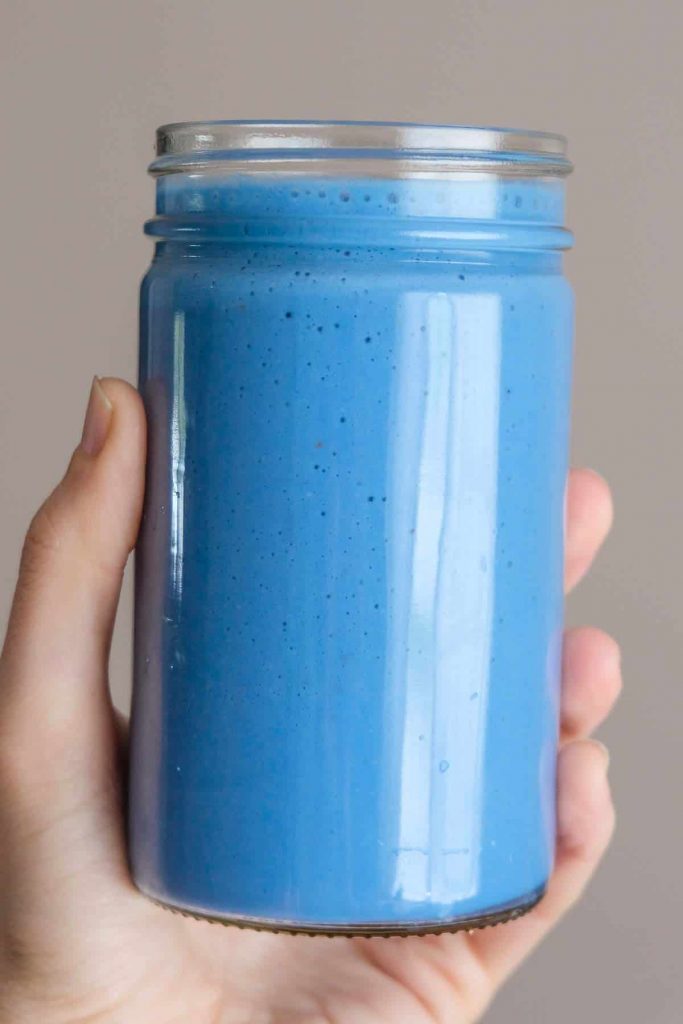
Ingredients
- 1 cup plant based milk soy or coconut milk recommended
- 1 cup frozen banana
- 1/2 cup frozen pineapple
- 1/4 cup coconut chips
- 2 tsp blue spirulina
Instructions
- Blend all ingredients until totally smooth, about 1 minute.
Nutrition
Blue Spirulina Nutrition
Here is some information on the nutritious properties of Spirulina as a dietary supplement.
| Nutritional value per 100 g (3.5 oz) | |
|---|---|
| Energy | 1,213 kJ (290 kcal) |
|
Carbohydrates
|
23.9 g
|
| Sugars | 3.1 g |
| Dietary fiber | 3.6 g |
|
Fat
|
7.72 g
|
| Saturated | 2.65 g |
| Monounsaturated | 0.675 g |
| Polyunsaturated | 2.08 g |
|
Protein
|
57.47 g
|
| Tryptophan | 0.929 g |
| Threonine | 2.97 g |
| Isoleucine | 3.209 g |
| Leucine | 4.947 g |
| Lysine | 3.025 g |
| Methionine | 1.149 g |
| Cystine | 0.662 g |
| Phenylalanine | 2.777 g |
| Tyrosine | 2.584 g |
| Valine | 3.512 g |
| Arginine | 4.147 g |
| Histidine | 1.085 g |
| Alanine | 4.515 g |
| Aspartic acid | 5.793 g |
| Glutamic acid | 8.386 g |
| Glycine | 3.099 g |
| Proline | 2.382 g |
| Serine | 2.998 g |
| Vitamins | Quantity %DV† |
| Vitamin A equiv.
beta-Carotene
lutein zeaxanthin
|
4%
29 μg
3%
342 μg0 μg
|
| Thiamine (B1) |
207%
2.38 mg |
| Riboflavin (B2) |
306%
3.67 mg |
| Niacin (B3) |
85%
12.82 mg |
| Pantothenic acid (B5) |
70%
3.48 mg |
| Vitamin B6 |
28%
0.364 mg |
| Folate (B9) |
24%
94 μg |
| Vitamin B12 |
0%
0 μg |
| Choline |
13%
66 mg |
| Vitamin C |
12%
10.1 mg |
| Vitamin D |
0%
0 IU |
| Vitamin E |
33%
5 mg |
| Vitamin K |
24%
25.5 μg |
| Minerals | Quantity %DV† |
| Calcium |
12%
120 mg |
| Iron |
219%
28.5 mg |
| Magnesium |
55%
195 mg |
| Manganese |
90%
1.9 mg |
| Phosphorus |
17%
118 mg |
| Potassium |
29%
1363 mg |
| Sodium |
70%
1048 mg |
| Zinc |
21%
2 mg |
| Other constituents | Quantity |
| Water | 4.68 g |
|
|
| †Percentages are roughly approximated using US recommendations for adults. Source: USDA FoodData Central |
|
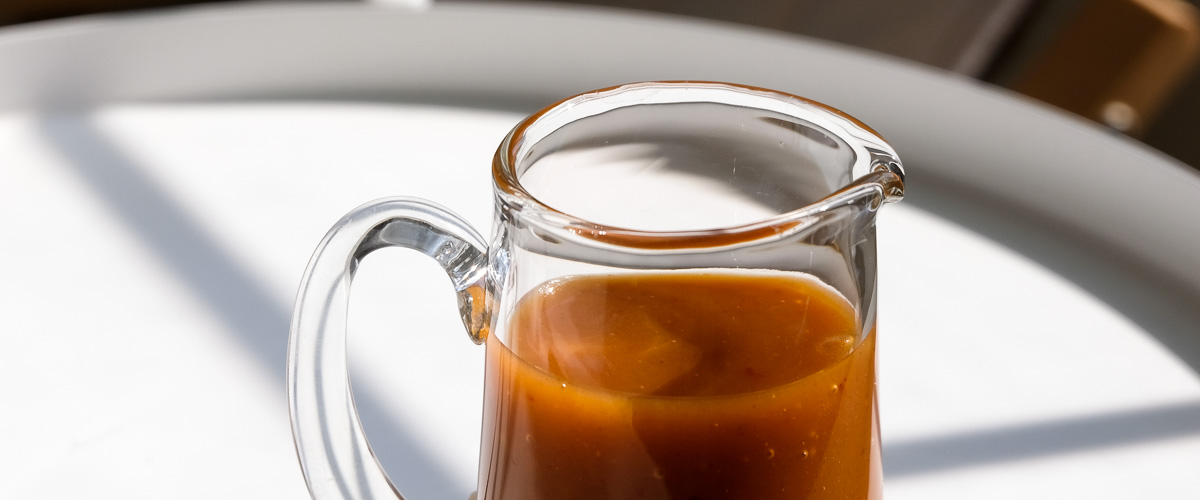
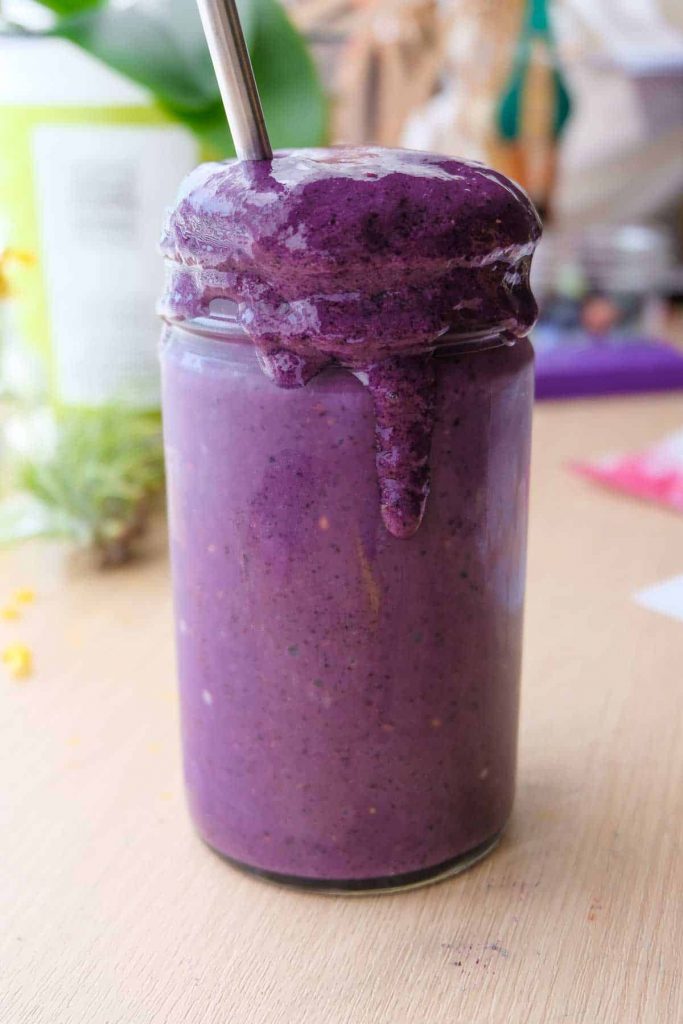
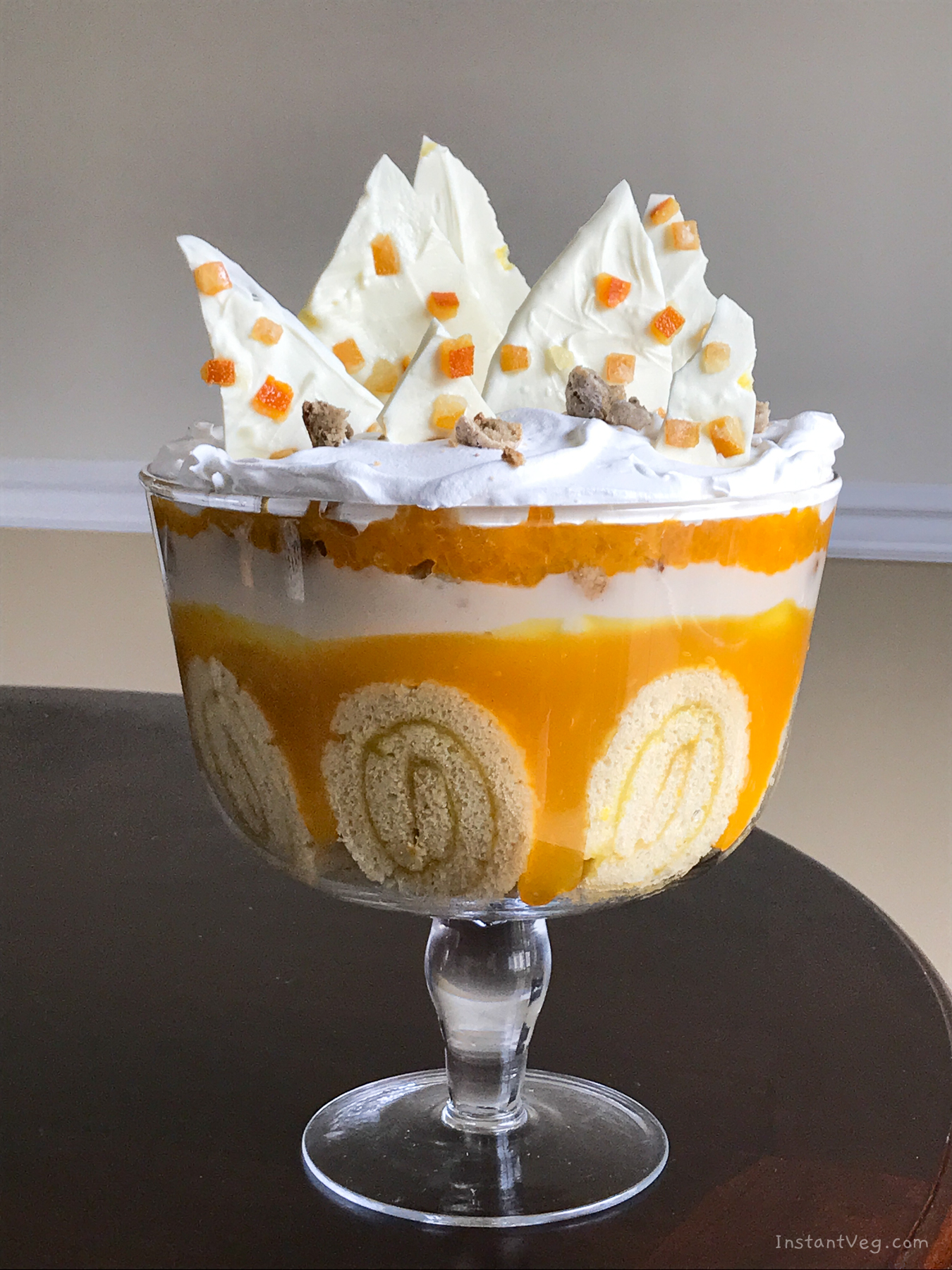
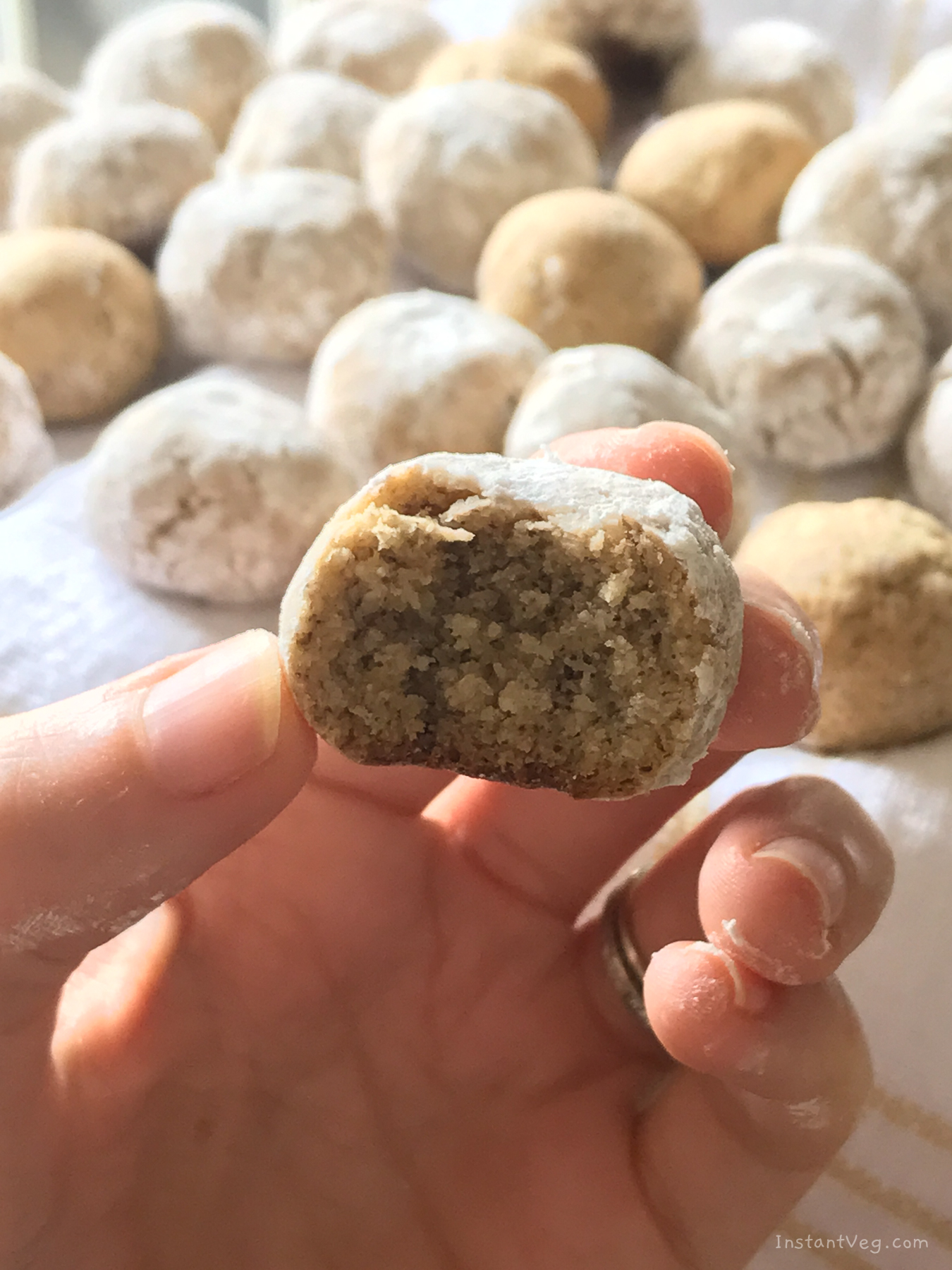
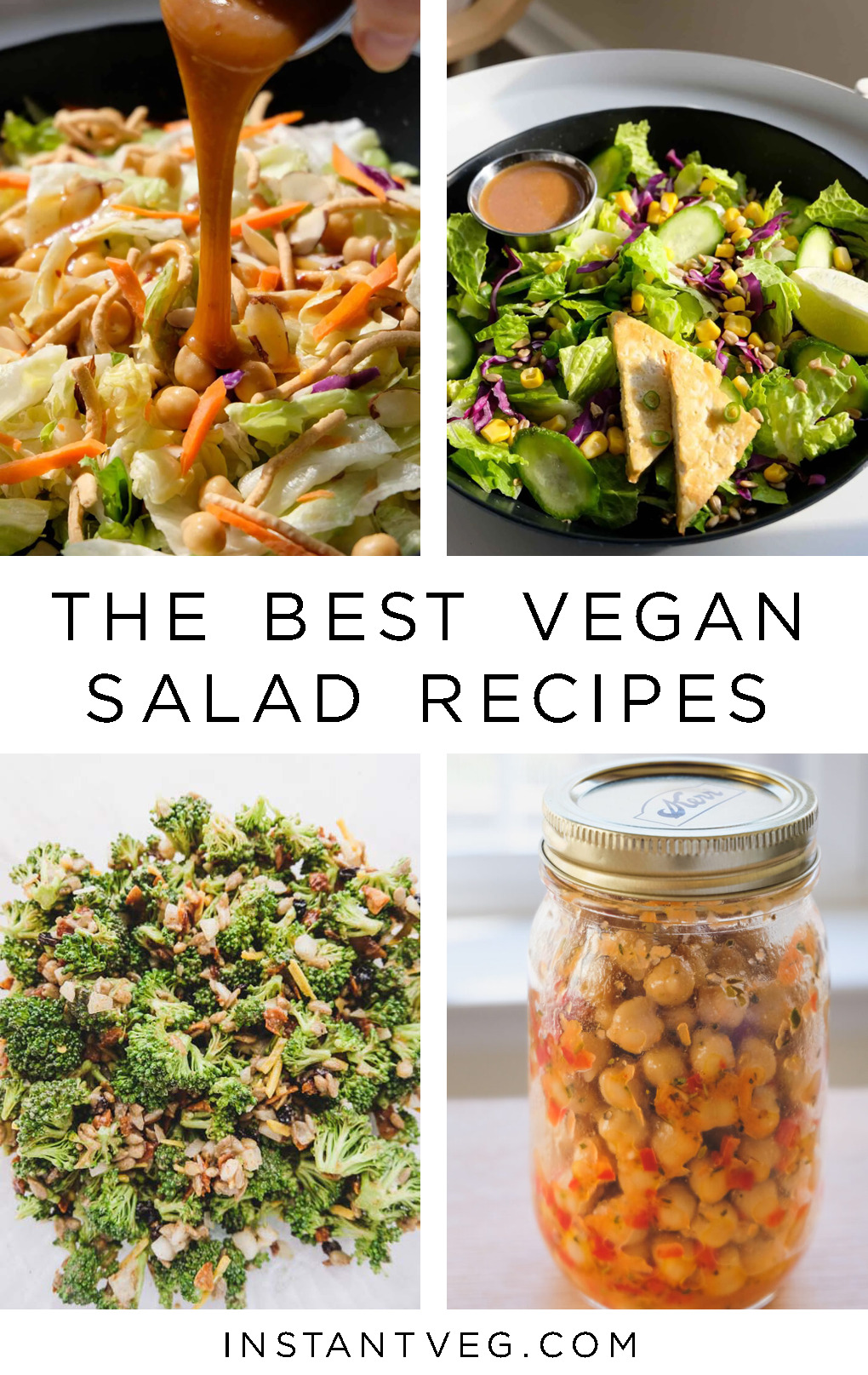
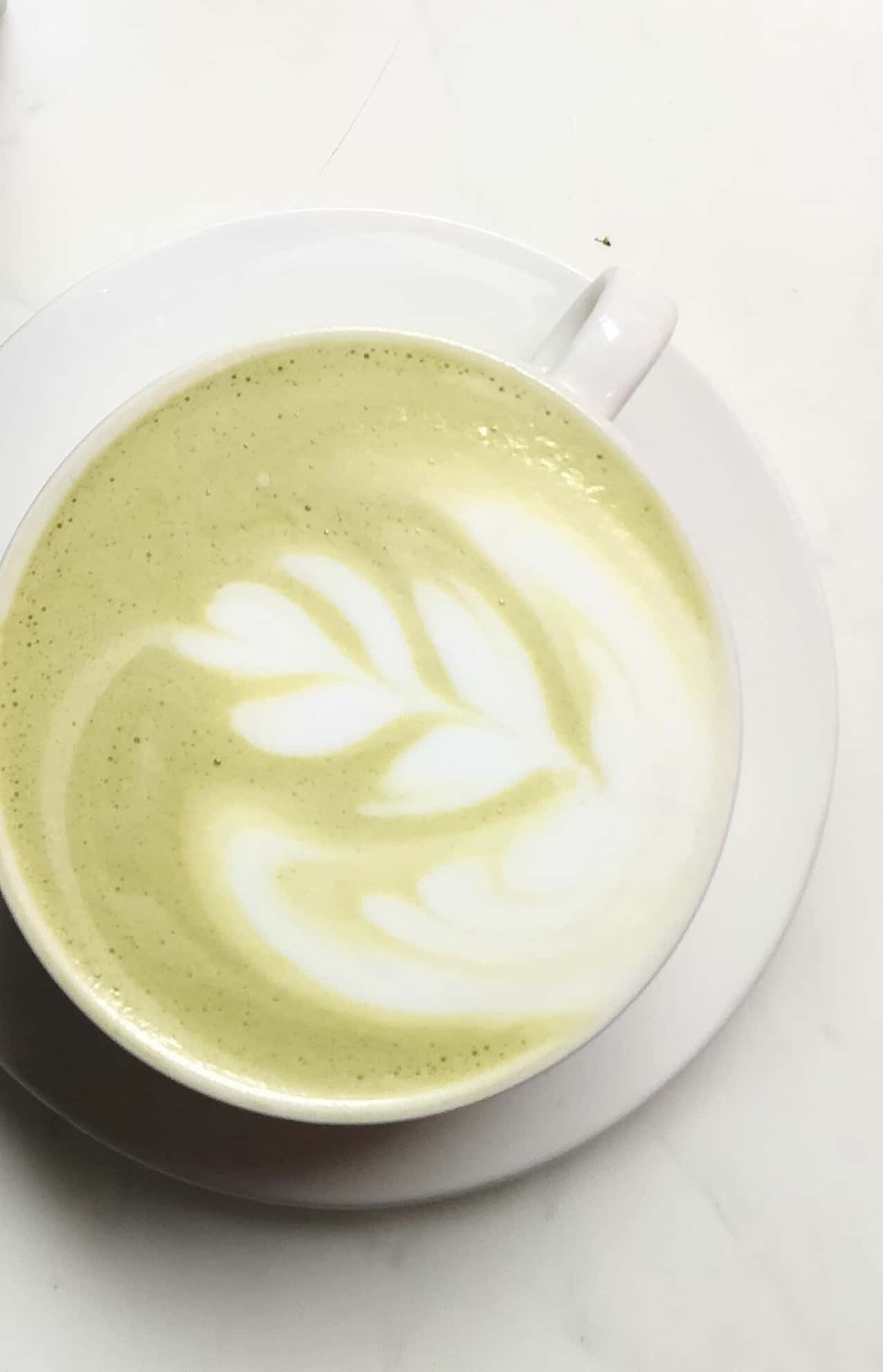
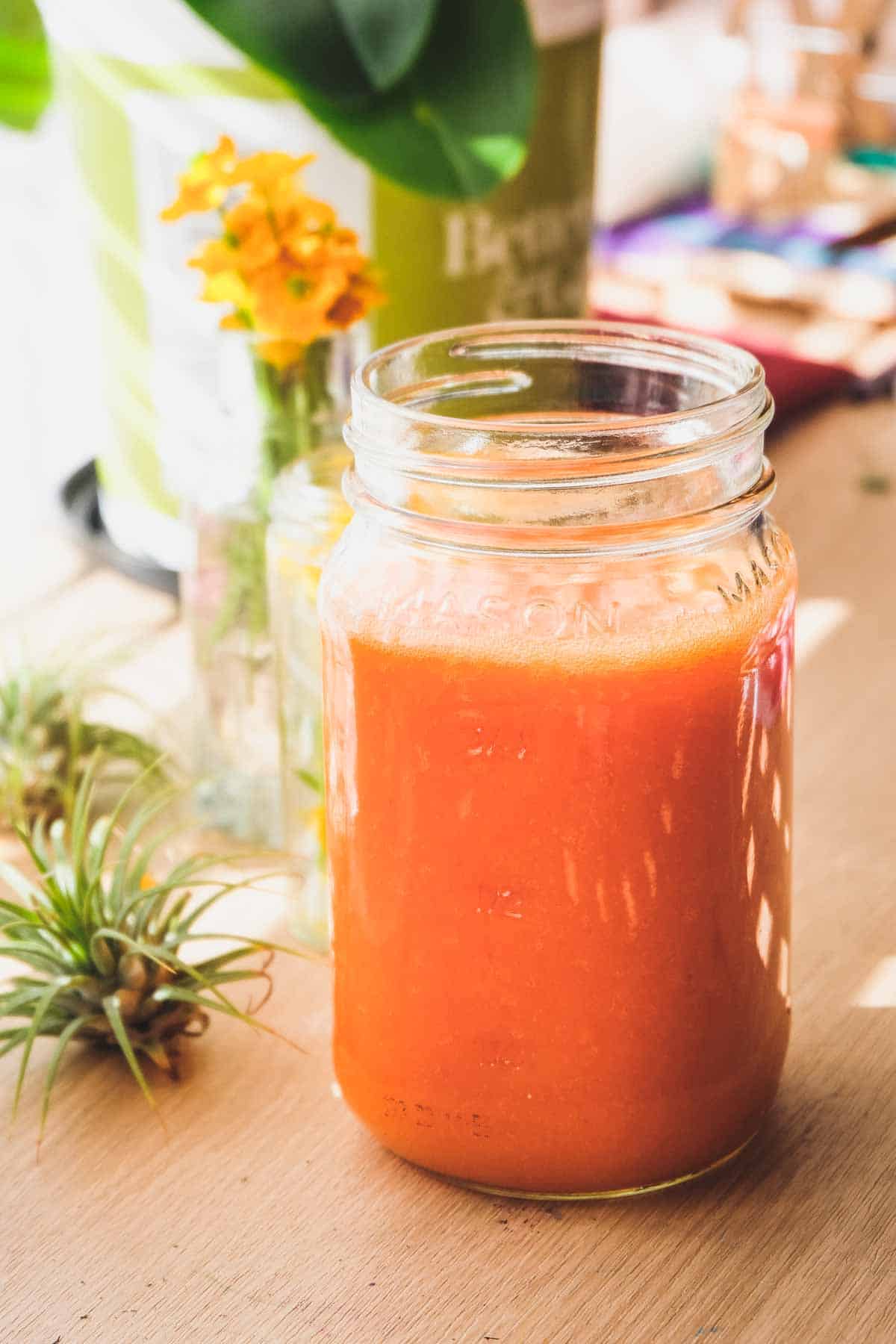
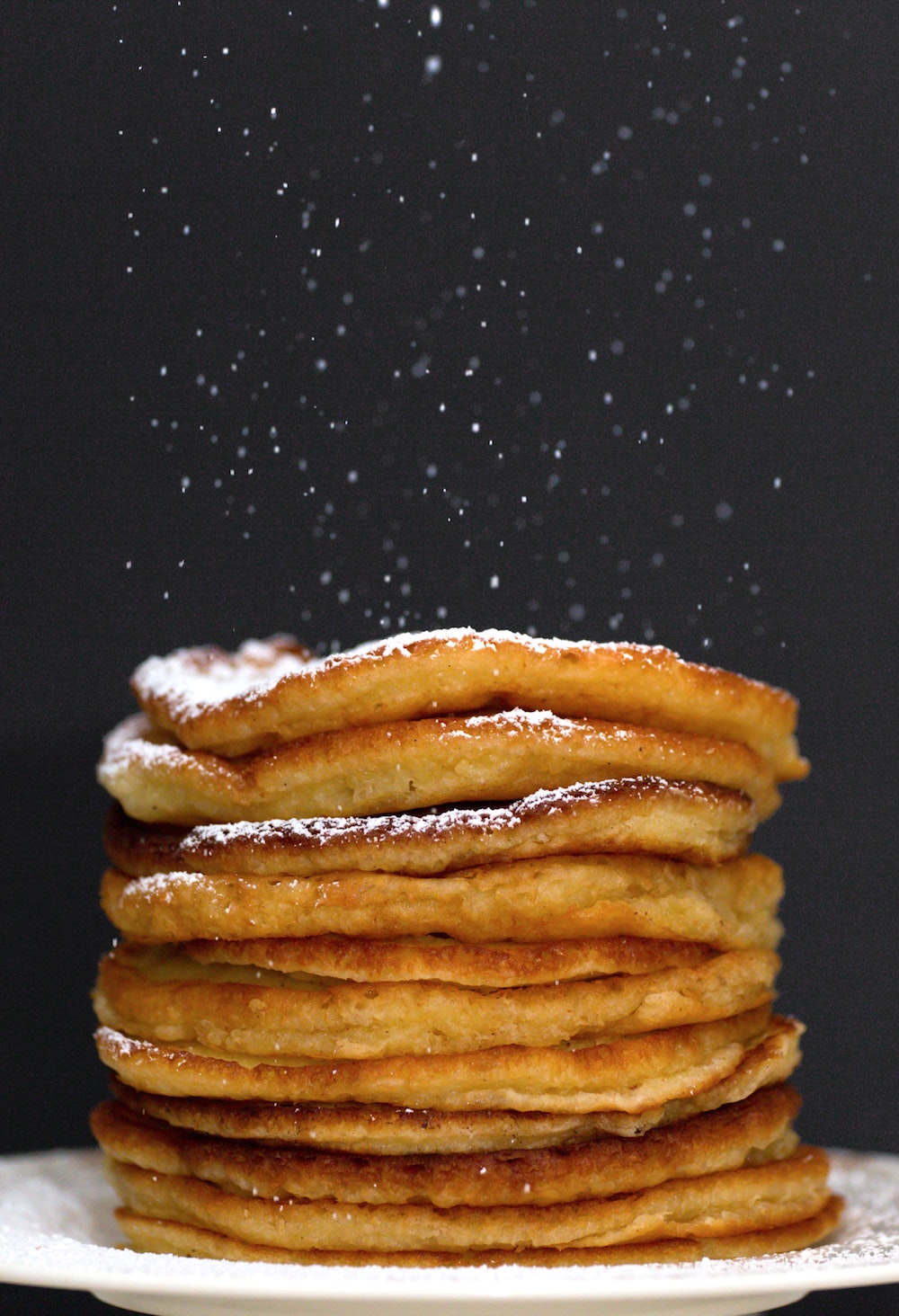
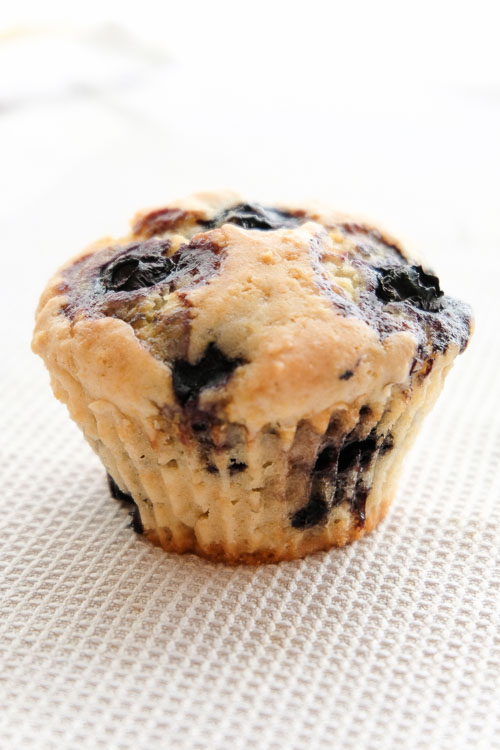
yum, it tastes very tropical!
Thanks for your comment, Melanie!
I just made this and it was fantastic! Can’t wait to try more blue spirulina recipes.